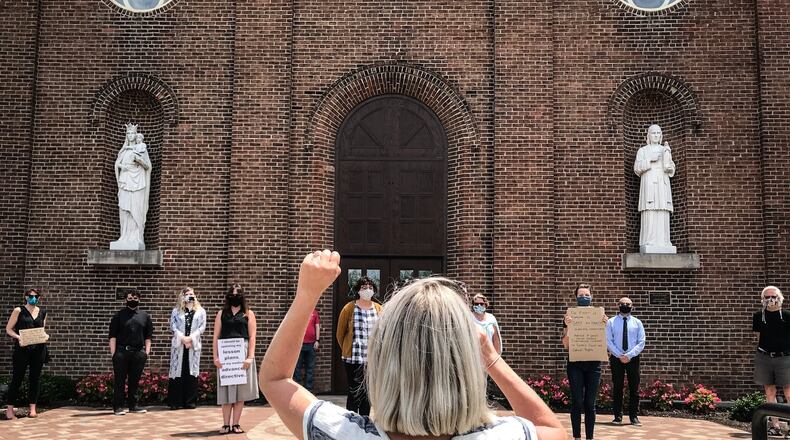In order to contain the virus, UD must shift the early weeks of the semester online, while a more robust set of preventive measures can be put in place. Failure to act could have devastating consequences for our students, staff, and faculty, as well as families and communities across the city.
In a recent town hall event, senior leadership raised the idea of conducting random sample testing of students and that would be a welcome revision. But actual plans to implement this idea have yet to materialize and have not, to my knowledge, been shared with students and their parents.
Currently, returning students are required to show a negative COVID test dated within five days of arriving on campus. Students unable to get tested ahead of time can be tested on campus and must await results in self-isolation; these account for the six positive cases so far. However, once a student tests negative, the current plan does not require ongoing testing of any individual on our campus. If a student was exposed to the virus since their test and shows no symptoms, we have no way to detect new cases. The Center for Disease Control reports that up to 40 percent of COVID carriers may be asymptomatic and that younger people are more likely to have mild cases or no symptoms at all. This scenario poses a risk that stretches well beyond the corner of Brown and Stewart.
As students mix and mingle at college bars and local restaurants, they will spread the virus to their servers. When these workers clock out, they return to their families and neighbors, who are then unknowingly put at risk by UD students.
Taken together, this formula has the scary potential to tax the local health system that we all rely on and have a disproportionate impact on Black people who make up 40 percent of our city and are more likely to work in places where our students eat, drink, and shop.
To prevent such a catastrophe, UD must begin the semester with all classes online, or at least the great majority that require no hands-on component. Students should also be instructed to stay-at-home during this period. In short, we must create a true “UD Bubble.”
In that time, we establish plans to surge regular, asymptomatic testing of all students; a recent study in the Journal of the American Medical Association suggests testing college students every two days to contain campus spread. All students who test positive go under mandatory quarantine until after they are contagious. Short of this, we set ourselves up for another abrupt mid-semester closure, which would have far more negative financial implications for UD and, more importantly, unleash a deadly virus on an unsuspecting city.
In ten days from now, rather than sitting down in classrooms or wandering into the registrar’s office where faculty and staff could be exposed, students must be willing to sacrifice normalcy and convenience for the sake of the safety of all.
UD employees are creative and competent and will excel in cultivating a rich learning experience for students remotely until it is safe to return in-person together. Committing to beginning the semester online is the most honest way forward and the clearest option that prioritizes public health, offering an opportunity for the University of Dayton to genuinely fly its flag as a university for the Common Good.
Joel R. Pruce is an associate professor of human rights studies at the University of Dayton.
About the Author


